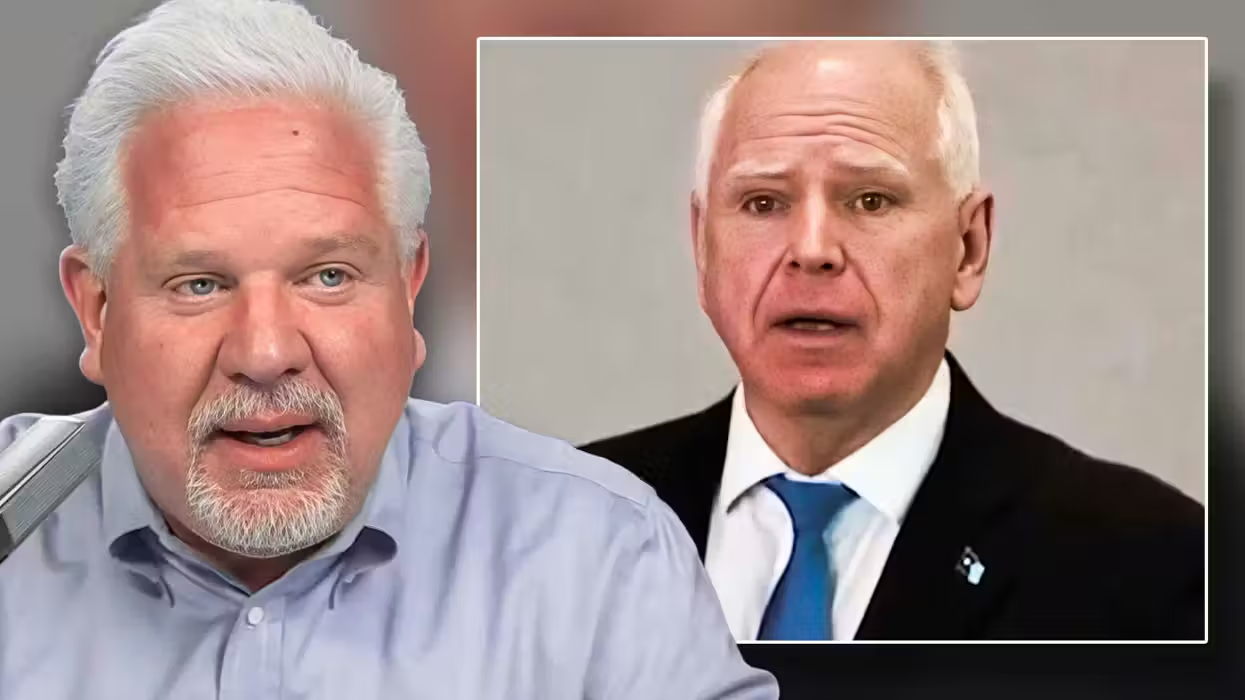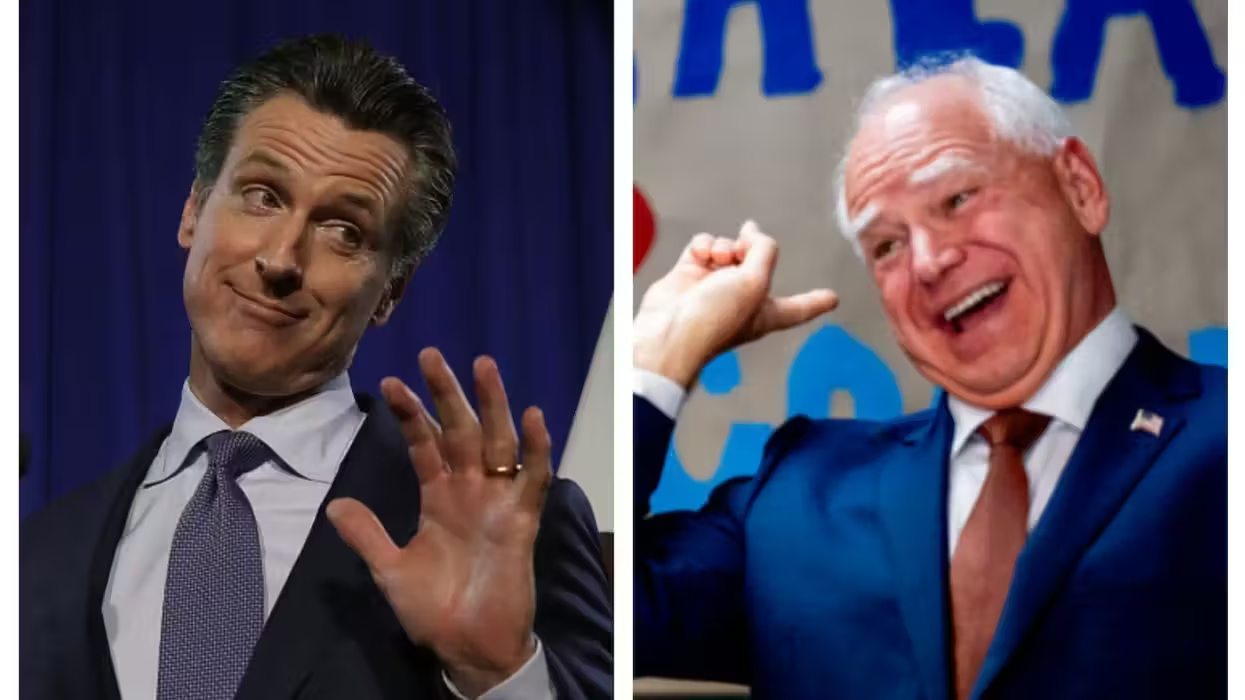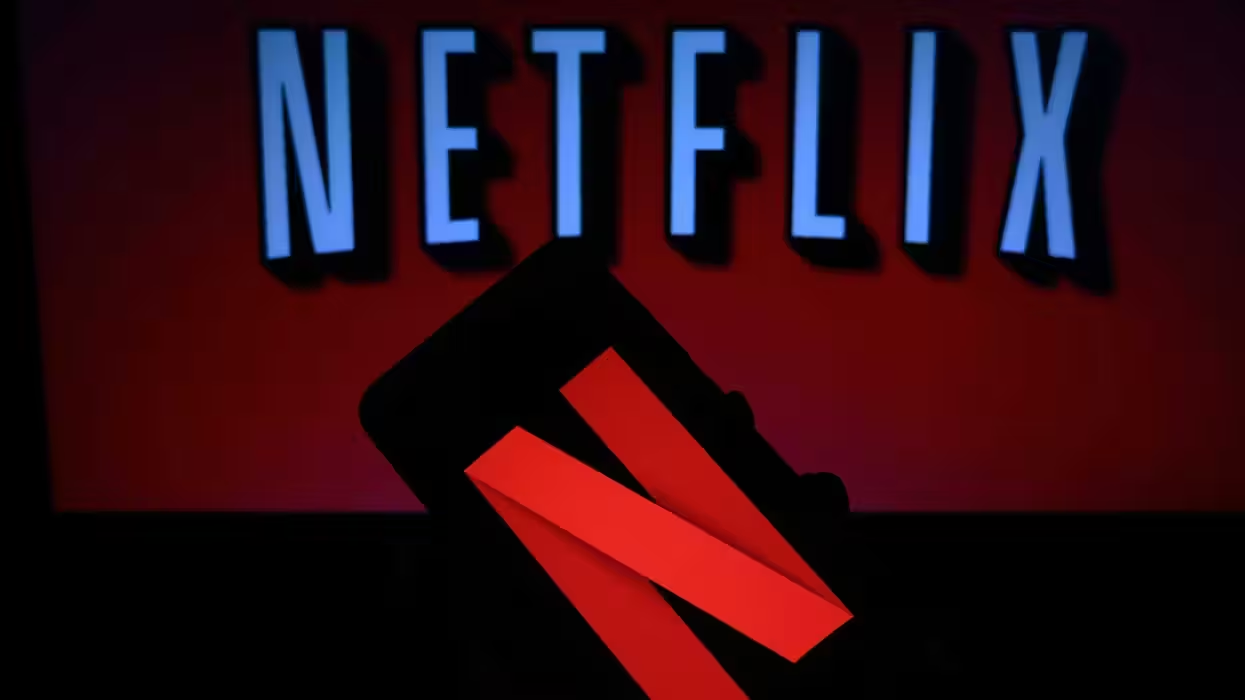
© 2025 Blaze Media LLC. All rights reserved.
Obamacare Gets Its Day in Court: Supremes to Hand Down Historic Ruling Thursday
June 28, 2012
Ruling: Law stands -- Poll: Will it be struck down? Flashbacks: CNN analyst calls oral argument "train wreck" for administration... "Looks like it's going to be struck down"..."All of the predictions...were wrong." NBC expert: The law is "in trouble" What will be the tax implications? Join: Blaze live blog! --
Update:
The healthcare law has been upheld. Get complete coverage here.
--
WASHINGTON (The Blaze/AP) -- They've known the outcome for three months. Now it's time for the nine Supreme Court justices to share it with the world.
Barring some incredibly strange twist, shortly after 10 o'clock in the morning Thursday, Chief Justice John Roberts is expected to reveal the high court's verdict on President Barack Obama's health care overhaul.
Between 400 and 500 people will crowd into the marble courtroom, the only witnesses to a historic moment that will not be broadcast live on television or radio. Some of those hoping for seats already were in line early Wednesday afternoon.
The court is not just passing judgment on a major expansion of the social safety net, designed to cover an additional 30 million Americans with health insurance. It is doing so on the president's signature domestic legislative achievement and in the heat of his closely fought campaign for re-election.
Four major issues await resolution, the most important of which is whether the law's centerpiece requirement that most people have health insurance or pay a penalty is constitutional. The justices also are weighing whether other parts or indeed the entire 2010 law should fall if they strike down the insurance requirement.
Apart from the insurance mandate, the court also is considering the validity of the health care law's significant expansion of Medicaid, the joint federal-state health care program for the poor.
One wrinkle could prevent the court from deciding the fate of the insurance requirement. A mid-19th century law prohibits challenges to taxes until they have been paid. The insurance requirement does not kick in until 2014 and people who pay the penalty won't do so until they file their 2014 income tax forms by April 15, 2015.
The court devoted more than six hours to arguments about these issues over three days in late March. The justices met March 30 to take a vote on the case and sort out who would take the lead in writing the opinions. In a case of this magnitude, the chief justice probably is writing the majority opinion, assuming he is in the majority.
The 26 states and the small business group challenging the law seemed to have the better of the courtroom arguments in March. Conservative justices peppered Solicitor General Donald Verrilli Jr. with hostile questions about both the insurance requirement and the Medicaid expansion.
But the lively arguments, the only time the justices discuss pending cases in public, are a relatively small part of a rather large record - in this case, a mountain of more than 140 legal briefs.
Whatever the outcome, it seems certain to become part of the campaign between Obama and his Republican rival, Mitt Romney.
Obama could try to make the court itself, or more particularly its conservative majority, an issue if the insurance requirement or the whole law is struck down. For his part, Romney already has said he will try to take advantage of either outcome. If the law falls, Romney said it will show that "the first 3 1/2 years of this president's term will have been wasted on something that has not helped the American people." If the law is upheld, "we're going to have to have a president - and I'm that one - that's going to get rid of Obamacare. We're going to stop it on Day One," Romney said.
The case began almost as soon as Obama signed the law on March 23, 2010. Even before the day was out, Florida and 12 states filed the lawsuit that ended up at the Supreme Court. Another 13 states later joined in later.
The heart of the challenge was the claim that Congress could not force people to buy a product - health insurance.
The administration advanced several arguments in defense of Congress' authority to require health insurance, including that it falls under the power to regulate interstate commerce.
The government also argued that the insurance requirement was necessary to make effective two other undoubtedly constitutional provisions: the requirements that insurers accept people regardless of existing health problems and limit what they charge older, sicker people.
The administration also said that even if the court rejected the first two arguments, the insurance requirement and penalty are constitutional as an exercise of Congress' power to enact taxes. The penalty assessed for not buying insurance functions like a tax, the government said.
That argument, however, has been largely viewed by Conservatives as an after-the-fact argument. Still, the document does contain plenty of other taxes. Americans for Tax Reform has put together a document describing all the new taxes within the law, when they take effect, and where they are found in the law:
Americans for Tax Reform -- Taxes in Obamacare
The group said it will put out an analysis involving how the ruling affects the taxes once the decision is announced.
Want to leave a tip?
We answer to you. Help keep our content free of advertisers and big tech censorship by leaving a tip today.
Want to join the conversation?
Already a subscriber?
Jonathon M. Seidl is a former managing editor of Blaze News and a best-selling author and speaker. His next book, “Confessions of a Christian Alcoholic,” will be released on October 7, 2025.
Jonathon M. Seidl
Jonathon M. Seidl is a former managing editor of Blaze News and a best-selling author and speaker. His next book, “Confessions of a Christian Alcoholic,” will be released on October 7, 2025.
more stories
Sign up for the Blaze newsletter
By signing up, you agree to our Privacy Policy and Terms of Use, and agree to receive content that may sometimes include advertisements. You may opt out at any time.
Related Content
© 2025 Blaze Media LLC. All rights reserved.
Get the stories that matter most delivered directly to your inbox.
By signing up, you agree to our Privacy Policy and Terms of Use, and agree to receive content that may sometimes include advertisements. You may opt out at any time.






